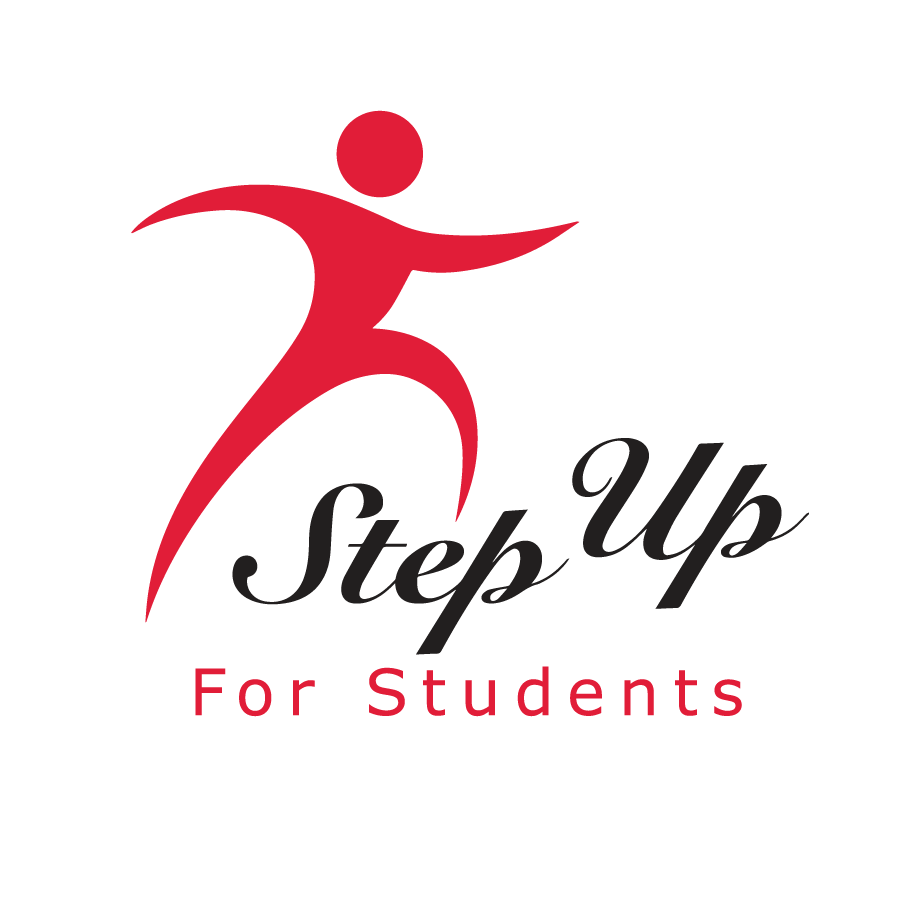Family Empowerment Scholarship for Students with Unique Abilities Gives Families Options
Scholarship for Students with Unique Abilities
2024-25 Fast Facts:
122,051 funded scholarship students.
Average scholarship about $10,000.
About $1 billion in funded scholarships.
More than 20,000 participating providers.
More than 2,000 participating private schools.
More than $200 million purchased on MyScholarShop.
More than 500,000 purchase orders processed through MyScholarShop.
Download Fact Sheet ›
The Family Empowerment Scholarship for Students with Unique Abilities (FES-UA) allows parents to personalize the education of their children by directing money toward a combination of programs and approved providers.
Florida became the second state in the nation, after Arizona, to create an education savings account (ESA) program for children with unique abilities in 2014. In the inaugural 2014-15 school year, the program served 1,491 students. Today, the scholarship serves more than 120,000 and is the largest program for students with special needs in the U.S.

Program History
In 2016, the Florida legislature renamed the program in honor of Florida Senate President Andy Gardiner and his family. Gardiner and his wife Camille have championed the cause of children with unique abilities for many years. The Gardiners have two daughters and a son, Andrew, who has Down syndrome.
In the summer of 2021, the Gardiner Scholarship merged with the Family Empowerment Scholarship, becoming the Family Empowerment Scholarship for Students with Unique Abilities (FES-UA). The program merged again in 2022, this time with the McKay Scholarship for students with special needs. This year more than 83,000 students were awarded scholarships averaging around $9,900.

Student Eligibility
Students can continue to receive scholarship funding until they graduate from high school, reach age 22, or return to public school. Unspent money in the account rolls over from year to year and is refunded to the state if the student has not enrolled in any eligible post-secondary institution for three consecutive years following high school graduation.

